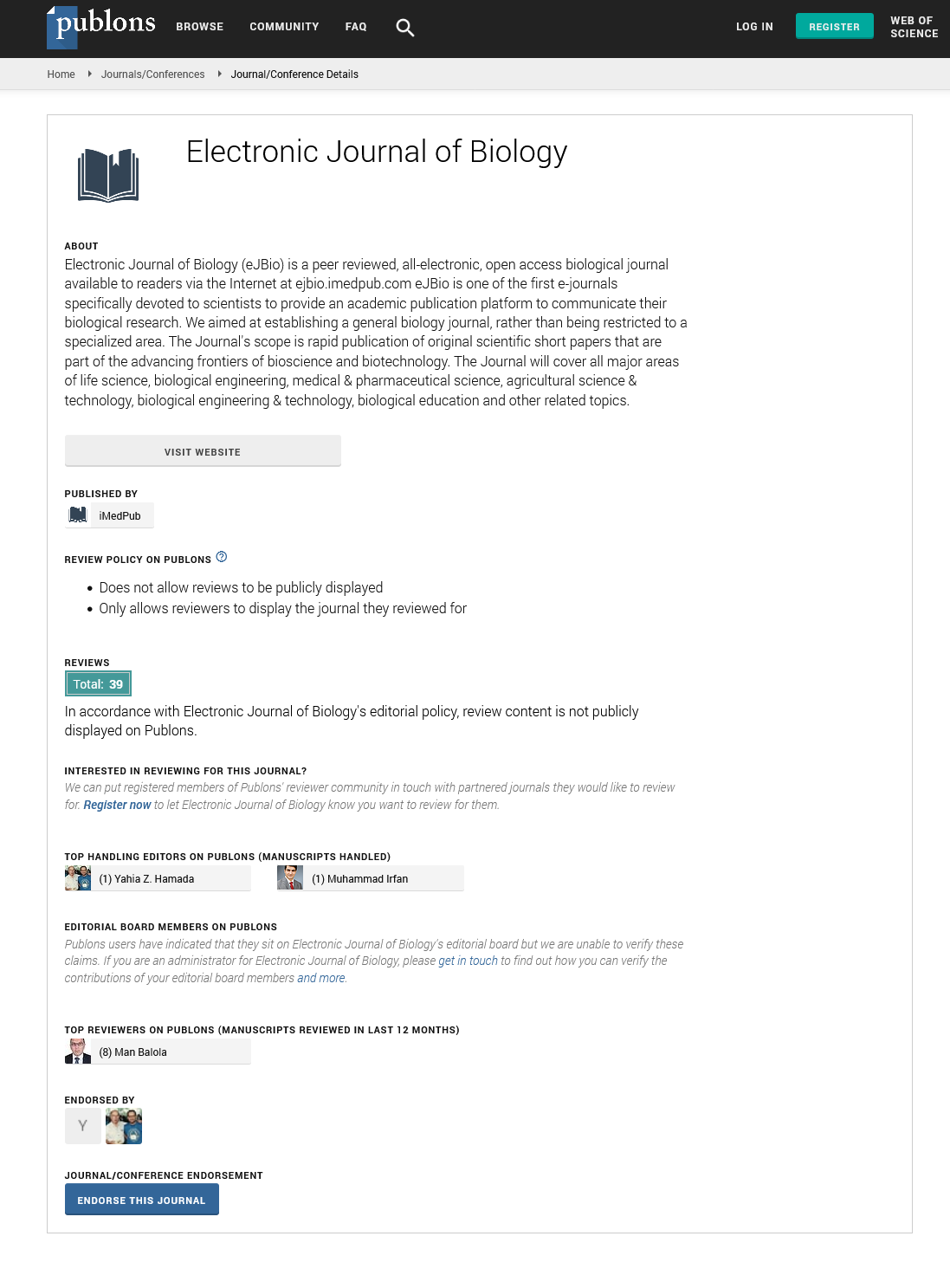Abstract
Gene Therapy in Lung Transplantation
Lung transplantation is a well-accepted life-saving treatment for end-stage lung diseases. However, the short-term and long-term success of lung transplantation is hindered by multiple factors such as the shortage of organ donors, primary graft dysfunction, life-long immunosuppression and chronic graft dysfunction. Gene transfection presents a potential molecular therapeutic solution to these problems by genetically modifying the transplanted organ. Experimental studies have demonstrated that gene therapy in lung transplantation is more effectively conducted by intra-airway delivery of adenoviral vector to donor lungs in vivo. Immunosuppression routinely used in clinical lung transplantation helps to enhance the efficacy and duration of desired gene expression. Transfection of interleukin-10 is the best studied and most promising strategy to attenuate ischemia-reperfusion injury, which is a major contributor to primary graft dysfunction. Modulation of local immune response is another interesting strategy of IL-10 gene therapy in lung transplantation, which might improve long-term outcome of lung transplantation. In this article, we present a brief review in gene therapy in lung transplantation and perspective of future directions in the field.
Author(s): Masaaki Sato, Shaf Keshavjee, Mingyao Liu
Abstract | Full-Text | PDF
Share this

Google scholar citation report
Citations : 5001
Electronic Journal of Biology received 5001 citations as per google scholar report
Electronic Journal of Biology peer review process verified at publons
Abstracted/Indexed in
- Google Scholar
- China National Knowledge Infrastructure (CNKI)
- CiteFactor
- Electronic Journals Library
- Zoological Records
- WorldCat
- Proquest Summons
- Publons
- MIAR
- Openaccessarticles.com
- Secret Search Engine Labs
Open Access Journals
- Aquaculture & Veterinary Science
- Chemistry & Chemical Sciences
- Clinical Sciences
- Engineering
- General Science
- Genetics & Molecular Biology
- Health Care & Nursing
- Immunology & Microbiology
- Materials Science
- Mathematics & Physics
- Medical Sciences
- Neurology & Psychiatry
- Oncology & Cancer Science
- Pharmaceutical Sciences


